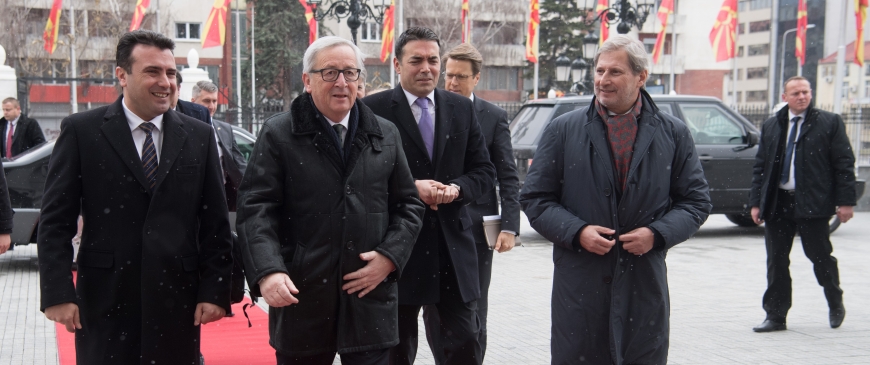
Judy Asks: Is Central Europe damaging EU enlargement?
The EU’s big bang enlargement has always generated mixed feelings. Its opponents used to argue that the EU should have first consolidated co-operation among its existing fifteen members before it took young, post-communist democracies on board. Eastern enlargement, they often repeated, would hamper EU decisionmaking and was therefore a recipe for paralysis.
But after the financial crisis erupted, Poland — not Germany or France — was the only EU country that avoided recession. And when euroskeptic populism swept through Western Europe, Central Europe continued to champion further deepening of the single market and recorded high levels of support for EU membership. Central Europe’s race to the top was capped by the elevation of Donald Tusk, then Polish prime minister of Poland, to the position of European Council president.
Sadly, the current retreat from the EU’s fundamental values by some governments in Central Europe has undermined this success story and reinvigorated old arguments. If Central European governments do not return to the pro-EU course that brought their countries success, they will not only push their public to the margins of the European project but also make it even harder for other nations with European aspirations to join the club.
Agata Gostyńska-Jakubowska is a senior research fellow at the Centre for European Reform.
